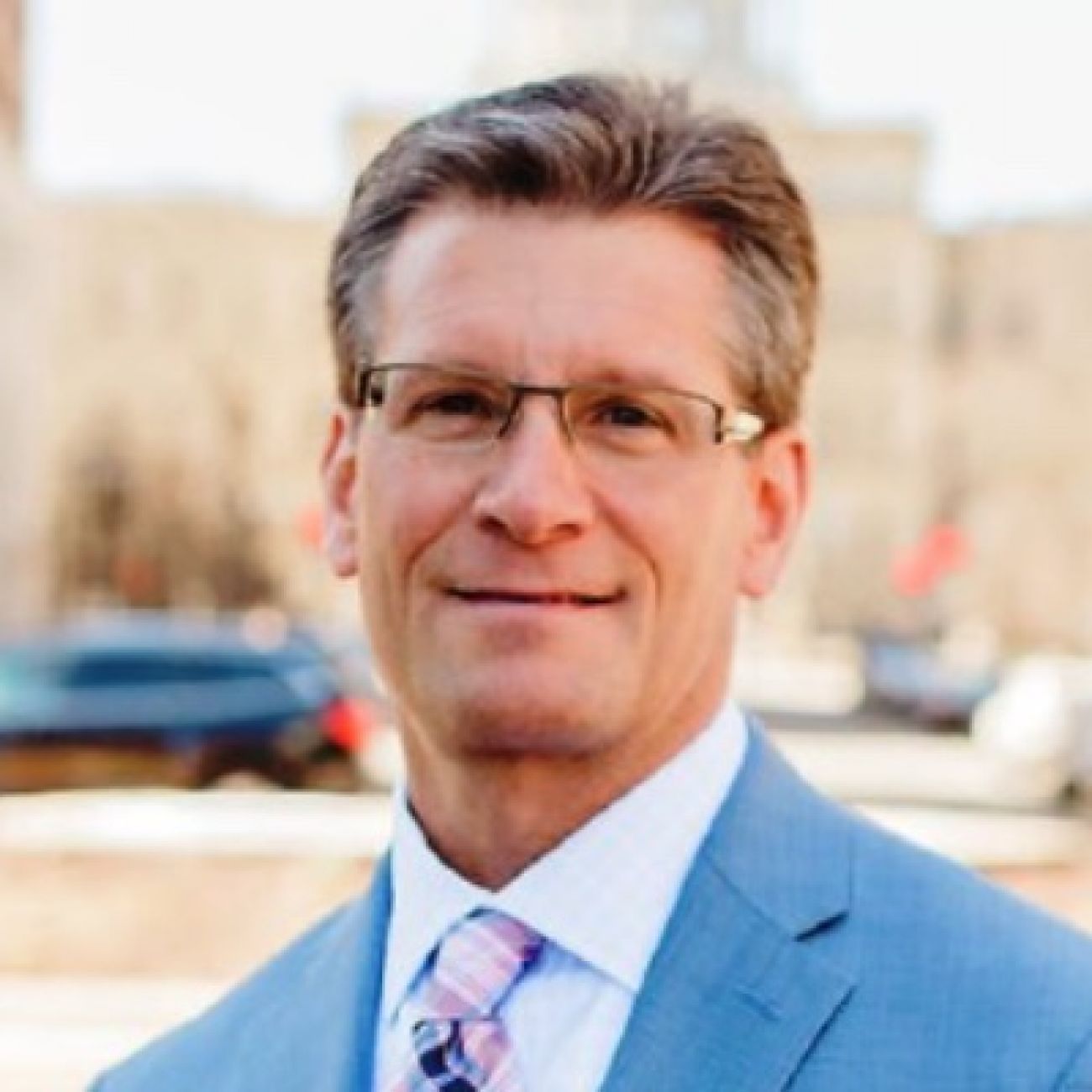Opinion | Michigan's universities should take the lead to address inequities

George Floyd’s killing is a tragedy. It is a vivid reminder of similar senseless deaths and immense human suffering. It has become a clarion call to meaningful action, sparking protests in the U.S. and around the world to confront ongoing racism and inequities plaguing our society. Although George Floyd’s life was taken, it is not without impact on our society. One of the many ways in which it has changed society is through education. The educational process involves intentional exposure to many forms of information, ideas, context, values, lived experiences, and practical applications. The higher purpose of learning is to improve the quality of life for individuals, communities, and ultimately our world. We have a lot to learn and do from this moment.
Michigan’s 15 public universities have long valued equity, diversity and social justice. We will continue to embrace these values, seeking to do better while leveraging our collective resources to help eliminate systemic racism.
One way to end discrimination and racism is to overcome fear and ignorance through direct engagement and understanding. Michigan’s K-12 schools are among the most segregated in the nation. In many cases, a public university is the first place white students come into close contact with non-white peers. We must take action in creating institutions that reflect the population of Michigan.
Our universities are constantly pushing to improve our ability to recruit students of color and a diverse faculty and staff. We are also committed to helping students gain an understanding about the impact of systemic racism on all types of institutions and people. We are working to inspire all students to help create a more just world where everyone can pursue their goals while simultaneously working to improve the human condition.
One of the greatest strengths of our public universities is their ability to elevate awareness about racial, cultural, and global inequities through curriculum, educational and social programming and activities, and opportunities to engage with people from different backgrounds and experiences.
This is not an abstract issue. Research shows that students who emerge from college with an enhanced ability to relate to and work effectively with diverse individuals and in diverse settings are in high demand. In an America that is on its way to having a majority-minority population and is part of a globalized economy it is imperative that we produce graduates to engage in such diverse environments.
It is important for us in the higher education community to not only continue to encourage discussions around diversity and inclusion on our campuses, but to lead in taking action in order to bring change to a society that has historically devalued the lives of black Americans. An example of this action is the recent creation of the National De-escalation Training Center by Wayne State University’s Police Department. The center will amplify training to produce more positive interactions between police officers and citizens in order to diminish instances of physical harm. Similarly, the seven-week long Alternative to Violent Force program created in 2017 at the University of Michigan-Dearborn helps police officers think through different ways to handle confrontations.
The state universities are also bringing to bear their collective health care and social sciences expertise, connecting opportunities to repair the broken public health system that has led to the COVID-19 pandemic hitting people of color disproportionately.
These serve as just a few actions being taken among countless examples of how our universities are taking research and applying it to address inequities.
We all must actively contribute to the solution by continuing to use our campuses as conveners, forums for thoughtful dialogue about the steps needed to unite our universities, communities, and nation—and then by taking action to overcome the divisions that are preventing all Americans from receiving truly equitable opportunities.
See what new members are saying about why they donated to Bridge Michigan:
- “In order for this information to be accurate and unbiased it must be underwritten by its readers, not by special interests.” - Larry S.
- “Not many other media sources report on the topics Bridge does.” - Susan B.
- “Your journalism is outstanding and rare these days.” - Mark S.
If you want to ensure the future of nonpartisan, nonprofit Michigan journalism, please become a member today. You, too, will be asked why you donated and maybe we'll feature your quote next time!




